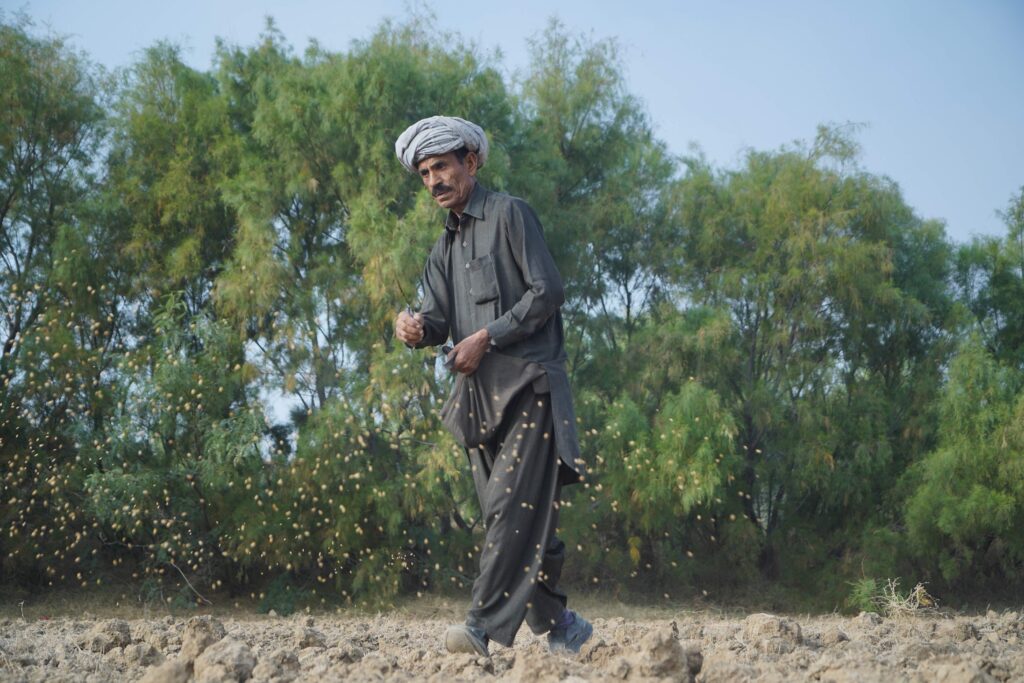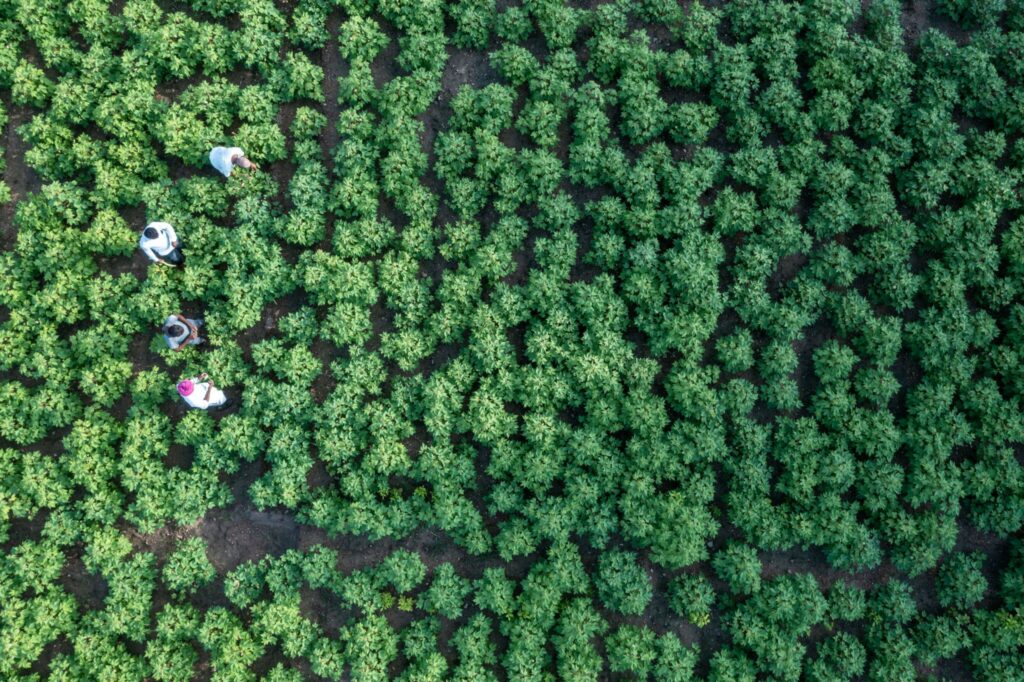Global Organic Textile Standards, the Organic Cotton Accelerator (OCA) and Textile Exchange are pleased to announce the renewal of the global ISO IWA 32:2019 proficiency test for a second year in a row, under technical support from Wageningen Food Safety Research.
The initiative aims to provide the sector with an up-to-date overview of global labs that can currently conduct GMO testing as per the ISO IWA 32:2019 protocol – a common language among laboratories worldwide to screen for the potential presence of genetically modified (GM) cotton along the organic cotton value chain.
The joint project involving three global NGOs in the textile sector, announces that it has reached a new milestone with an expanded list of twenty-one laboratories from Europe, Asia and North America who they confirm have successfully passed a new round of the proficiency test in 2021.
As qualitative GM cotton screening using the ISO IWA 32:2019 protocol is mandatory within the GOTS and OCS (Organic Content Standard) supply chain and OCA’s Farm Programme, the expanded list will provide many stakeholders in Organic Cotton with the clarity they need for taking all reasonable precautions to prevent GM cotton in their organic cotton produce while supporting the rapid sector growth seen globally.
The updated overview of the laboratories that successfully passed the proficiency test in 2021 has now been jointly published by GOTS, OCA and Textile Exchange.
Click to view the latest list of labs that passed the ISO IWA32 2019 Proficiency Test in 2021.
Commenting on the second round of the global ISO IWA 32:2019 proficiency test initiative, Mathilde Tournebize, OCA's Programme Manager said: “At OCA, we believe that by working collaboratively we can make the necessary strides to bring the organic cotton sector improved transparency and integrity, so it is great to see more laboratories implementing the ISO IWA 32:2019 worldwide. This round of proficiency test enabled us to chart additional laboratories that can be contacted to reliably conduct GMO tests as per the ISO IWA 32:2019. The initiative has also expanded to more geographies compared to last year, including Turkey and the United States.”
Rahul Bhajekar, Managing Director at GOTS, added: “This initiative shows that through partnership and alignment, we can bring the sector much-needed clarity on qualitative GMO testing in cottonseed, leaf, fibre and chemically unprocessed fibre-derived cotton.”
Amish Gosai, Supply Network & South Asia Sr. Manager at Textile Exchange, said: “The ISO IWA 32:2019 proficiency test initiative will be repeated regularly. More laboratories are welcome to apply for the next round of proficiency test, which will likely be organised in Q1 2023”
The initiative now in its second year, will drive greater transparency along the organic cotton supply chain in a move that the partners hope will become a fixed bi-annual initiative stemming from the positive feedback from the initial launch in 2020.
Are you a GM cotton testing laboratory that implemented the ISO IWA 32:2019 reference protocol and are you interested in joining a next round of proficiency test in Q1 2023? Do you have any questions about the global ISO IWA 32:2019 proficiency test initiative? Or would you like to update your contact details? Please contact Mathilde Tournebize with your query by email.
For more information about the global ISO IWA 32:2019 proficiency test initiative, please see below.
In April 2019, after initial conceptualisation by GOTS, OCA developed the ISO International Workshop Agreement 32:2019(E) on “Screening of genetically modified organisms (GMOs) in cotton and textiles”, with strategic input from the wider organic cotton sector. The protocol provides requirements and recommendations to laboratories that perform qualitative GM cotton screening. This protocol also clarifies the matrices where good quality DNA can be isolated in cotton fibre-derived materials and textiles, meaning in cottonseed, cotton leaf, cotton fibre and chemically unprocessed cotton fibre-derived materials up to greige yarn and fabric. The protocol is the result of a consensus-based ISO International Workshop Agreement, facilitated by the Netherlands Standardisation Institute (NEN). The development process included perspectives and feedback from all parties concerned (over 80 participants from 23 countries), including representatives from laboratories, cotton producers, suppliers, brands and retailers, standard bodies, and governmental agencies. Following that project, the Global Organic Textile Standard, the Organic Cotton Accelerator and Textile Exchange set out the global proficiency test initiative to bring clarity regarding the laboratories that perform testing against the international ISO IWA 32:2019. The technical process of the proficiency test carried out in 2020 and 2021 was managed by Wageningen Food Safety Research (WFSR), the organisation that acted as a technical project leader for the development of the ISO IWA 32:2019 and is accredited for performing proficiency tests according to the ISO/IEC 17043:2010 on ‘Conformity assessment — General requirements for proficiency testing’ (not specifically in the field of GMOs).



